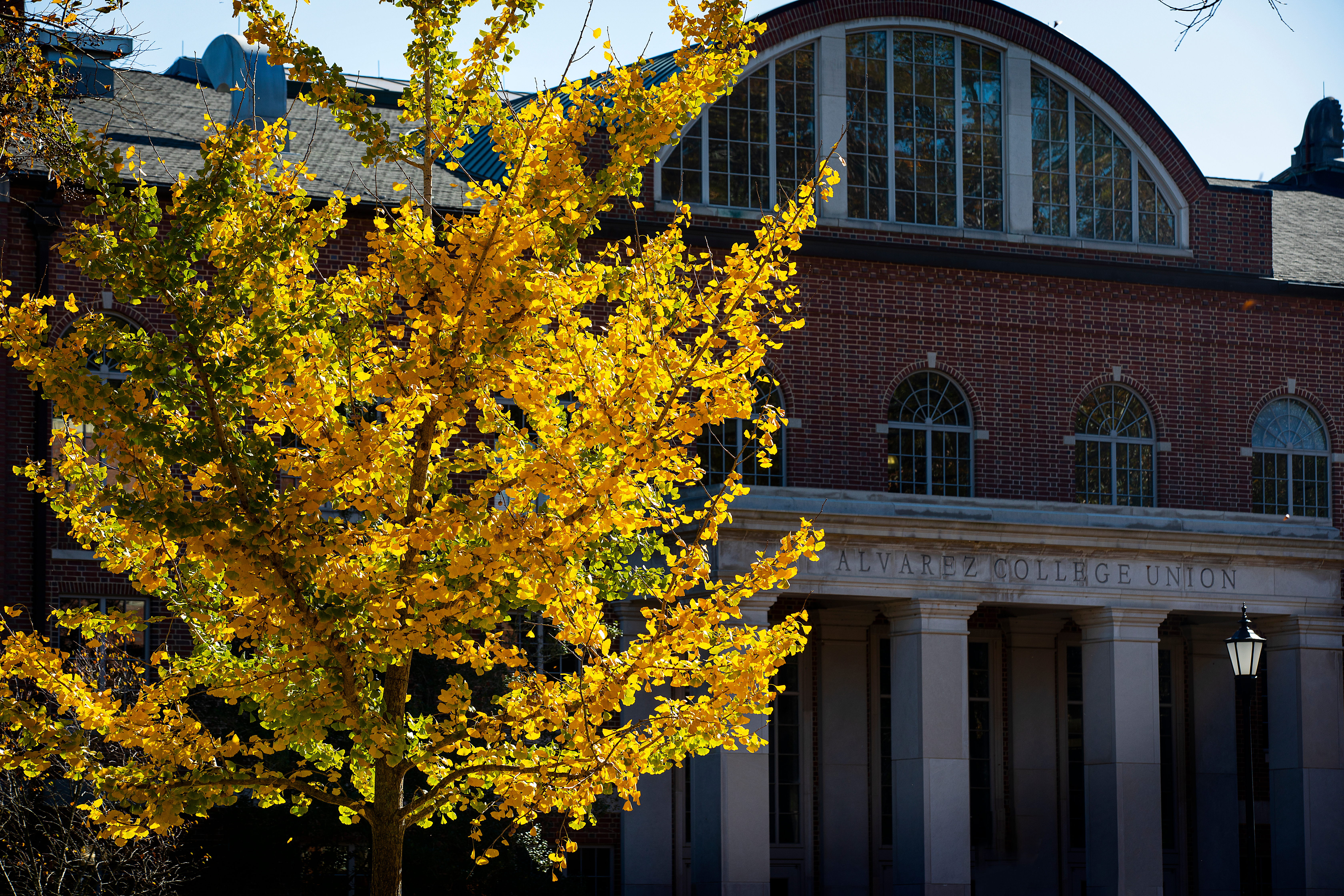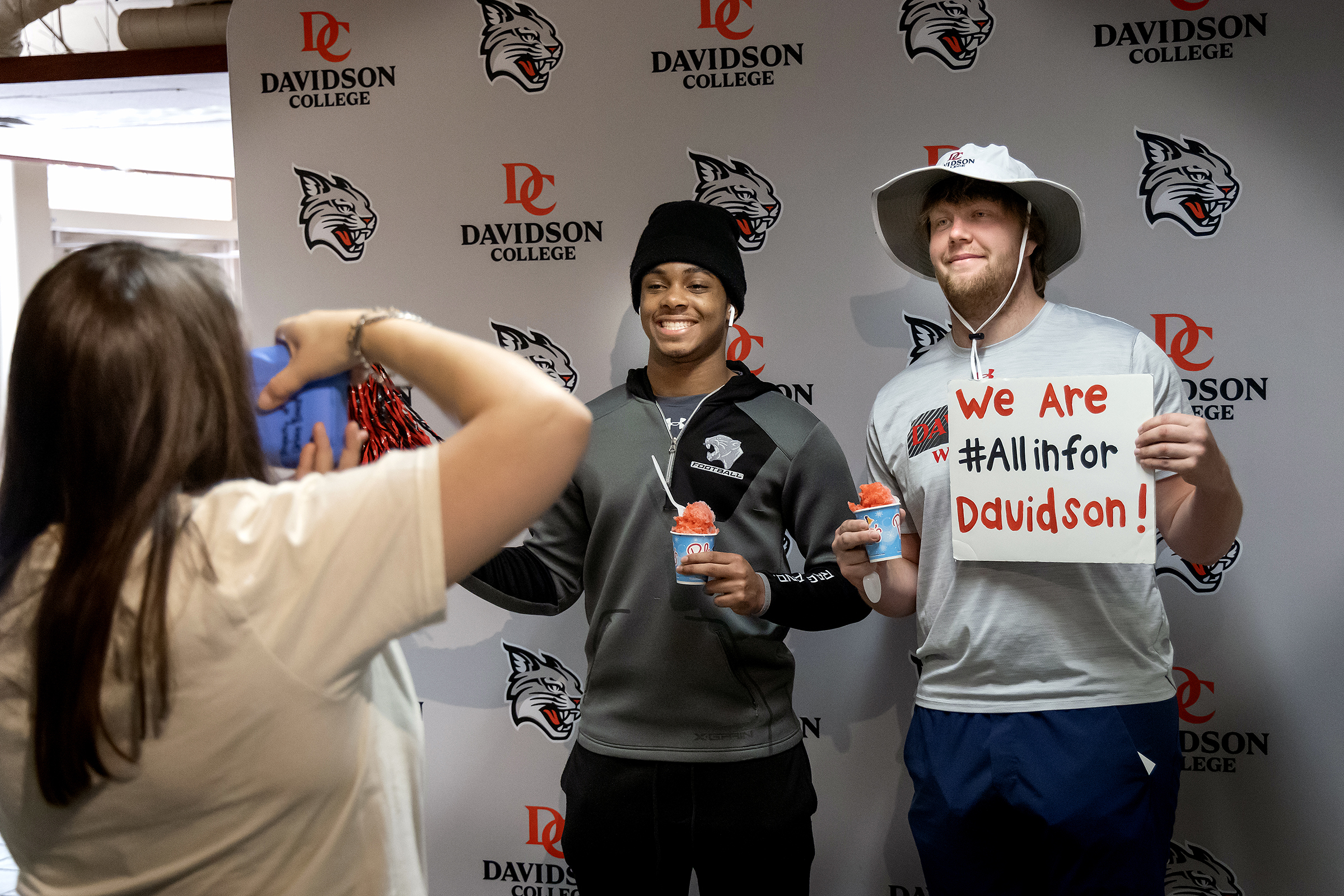Econ Prof Fred Smith on “Prime” Characteristics of the 20 Cities in the Hunt for Amazon’s HQ2
January 18, 2018
Today, Amazon.com announced the 20 cities that are finalists for Amazon's "HQ2"–a second headquarters for the internet retailer that has promised tens of thousands of jobs and billions of investment for the winning city.
Charlotte was among the 238 cities to submit a bid–however, it was not included among the finalists.
We talked to economics professor and urban econ expert Fred Smith, who has been following the HQ2 process closely.
Why do you think Charlotte missed the cut?
It seems clear to me that Charlotte missed the cut for the reason that originally concerned me: Charlotte just doesn't have a top-tier research university.
Almost every city on the list has a world-class research university within its borders, or very close by. Indianapolis, to me, is the outlier on this list, although Dallas is also a bit weak in this area as well.
A top-flight research university can potentially provide talented workers with computer science skills, and it can also offer Amazon talented employees in fields–like economics–that many folks might not immediately associate with Amazon's new headquarters.
So if you are one of the finalist cities, what comes next?
Moving forward, I think some of the other issues that they listed as being "important"–transportation, culture, etc.–will play a bigger role. I'd anticipate that these issues will knock out cities like Indianapolis and, perhaps, Raleigh (poor transit infrastructure). It will also force cities that have a lot to offer (Pittsburgh) to take care of their glaring weaknesses. Pittsburgh's "airport issues"–it lost its hub status due to US Air's mergers–is a big challenge, but I suspect Pittsburgh could fix that. Raleigh, on the other hand, can't possibly fix its transportation problems in a short enough time frame.
A lot of cities have faced criticism for the generous tax incentives they offered Amazon. What role do you think taxes will play in Amazon's decision?
The finalist cities are in a mixture of high-tax and low-tax states, and they clearly weren't scared off by locations with higher state/local taxes. I'm not sure if the tax issues will ultimately help places like Austin and Dallas and Indianapolis, but there were surprisingly few "tax-friendly" locations on the list.
Finally, what city do you think Amazon will choose?
I originally predicted that Austin would land HQ2, so I'll stick with that prediction, but based on the cities on the list, I would not be surprised if it ended up farther east. I found it very interesting that there are multiple ways in which the Washington, D.C., or New York metro areas might land HQ2. All told, one quarter of the list is either in or near D.C. or New York.
Jay Pfeifer
japfeifer@davidson.edu
704-894-2920



